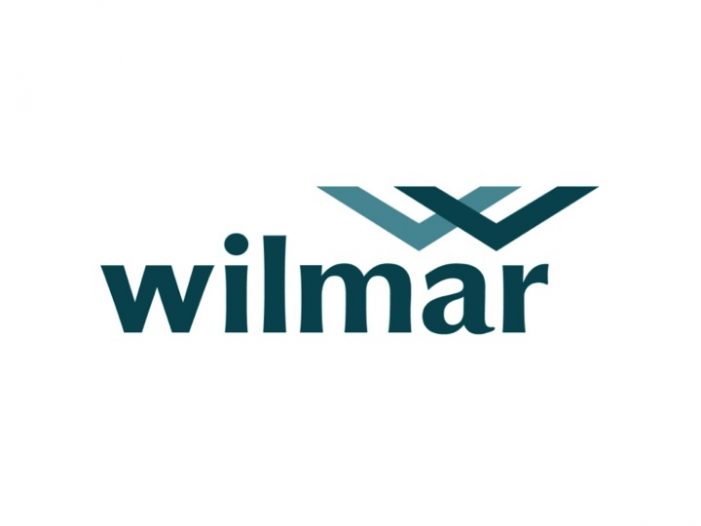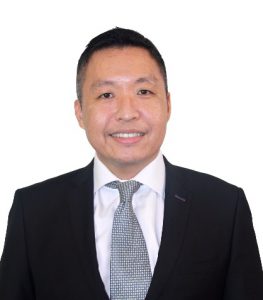Here are some key highlights from the Wilmar International 2Q19 Results Briefing:
- Weakness in 2Q19 results: a) African swine fever in China resulted in weaker soybean demand and in turn, poorer crush margins. Last year crush margins performed well due to distressed beans available from the U.S. The associates turned in weaker results also due to swine fever. Based on a similar situation in other countries, takes few years to resolve the swine issue; b) Inclusion of Shree Renuka Sugars acquisition (Jun2018) and the typical seasonal loss in sugar were not present in 2Q18; c) Discontinued operations in Brazil losses of US$34mn in 2Q19.
- Listing of Yihai Kerry Arawana Holding IPO: Will list on Shenzhen ChiNext exchange. No secondary offering and only 10% primary shares. The strength of this company is the brand name and distribution. This bodes well in a Chinese consumer market that has ever increasing demand for higher quality and fresh food. Separately, the production facilities in China are integrated because the output of 1 plant is the raw material for another. There is the added cost benefit from sharing infrastructure such as boilers, effluent tanks, etc.
- IPO timeline: Submitted prospectus in early July 19. Approval is 6 to 12 months, then another 1 to 2 months for the actual listing. So the earliest listing date is 1Q20.
- IPO Valuation: Majority of IPOs on ChiNext were listed at 23x PE historical recurrent earnings. If we use the RMB4.2bn as 2018 recurrent net profit, the IPO could be valued at RMB97bn (S$19.3bn), average PE of ChiNext is 40x PE.
- Sugar business. Wilmar shares similar customers such as instant noodle makers that purchase flour, edible oil, sugar, etc. Wilmar is expanding its fructose production in China. It is cheaper than sugar.
- Palm oil: Usage has risen from India and China. Weak palm oil prices have resulted in lower usage of fertiliser and this could affect production (and prices) next year. Industry fertiliser usage is down 30-35% in 2019 compared to 2018. It is unchanged for the company. China imports have surged this year and likely an extra 1mn MT. Palm oil is RMB1000 cheaper than soybean. On biodiesel, China policy is not to use edible oil as fuel. On refining margins, need to get the timing or trading right.
- Capex: There will be rice and flour mill expansion in China plus biodiesel expansion in China. In any country with population growth and food consumption lower than developed countries, there will be an opportunity for growth. Moving more downstream because a listed company cannot have too volatile an upstream business.
Comment
IPO can help Wilmar deleverage, possibly announce a special dividend and raise the implied valuation. Wilmar is now trading at S$24bn. In 2018, Yihai accounted for 70% of Wilmar net profit. Excluding this IPO, the operational outlook is weak due to soft soybean demand and weak palm oil prices. Possibly share price rally in late 2019 when the IPO is approved.
# Phillip Securities Research does not have any research coverage or recommendation on Wilmar International.

